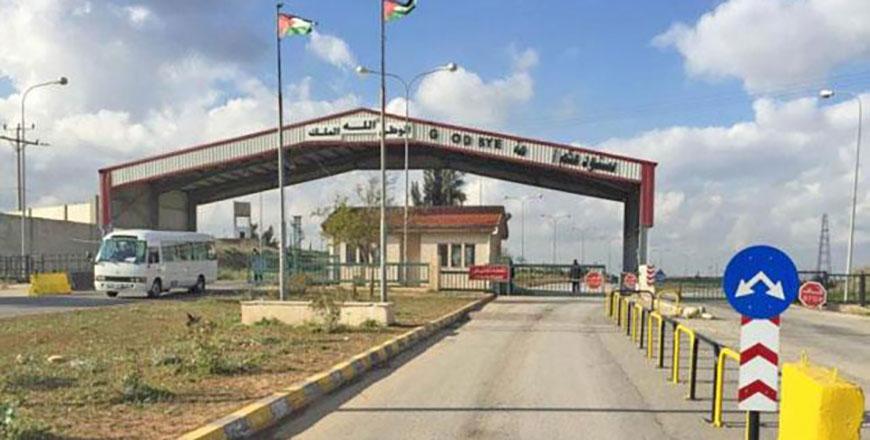You are here
Experts call on government to expand, re-focus economic plan
By Bahaa Al Deen Al Nawas - Oct 29,2019 - Last updated at Oct 29,2019
AMMAN — In light of the recent government announcement of a four-faceted plan meant to stimulate the economy, enhance management and improve people's livelihoods as well as services, experts believe that there is still a need to address more issues with a further-reaching plan.
Economist Husam Ayesh said that the decisions taken in regards to investment, energy, real-estate and exports are “positive, but should not be the main plan”, as the core issues that need to be addressed are high taxes, customs fees and the budget deficit.
The government's announcement included guaranteed incentives for investments for 10 years, exemptions in the real estate sector, savings on energy bills, and the pledge to pay business owners JD240 annually for each Jordanian employed in place of an expatriate.
"The good part of the first aspect is the plan for helping with energy bills. However, it should not be a goal in itself, but rather a strategic step to achieve bigger goals," Ayesh said.
He noted that a comprehensive plan would increase growth rates, boost productivity and result in the establishment of more industrial and service projects, all of which would increase jobs.
"A firm, strategic decision should be implemented immediately to cancel and restructure dozens of independent institutions. Not all of them... just the ones that exist and only add financial burdens without bringing any results," Ayesh said.
If this decision is made, the incentives would support the economy; but making the incentive the main goal and giving it maximum effort would only lead to temporary results that see “another hindrance on the road”, the economist expressed.
Commenting on various aspect of the first facet, Economist Mazen Marji said that the Labour Ministry's promise to pay JD240 to business owners “might not come to fruition” as businesses hire expatriates for salaries that Jordanians do not consider high enough to sustain their needs.
"The JD20 per month for each Jordanian would also go to the business owner and the workers would not feel any impact," Marji explained.
In regards to the incentive on exports, the economist said: "The markets that Jordan can export to nowadays are not the same as before, there is regression in exports to many markets."
He cited several trade agreements that have changed over time, explaining that basing the incentive on increased exports does not make it an incentive, as there is no guarantee for a business to increase or even maintain its exports.
Marji explained that the energy incentive is also based on the idea that production will increase, which, if true, would mean the products will either be up for exportation abroad or be sold in local markets, in which demand is low because of low purchasing power, which also renders the incentive ineffective.
Marji said that “bolder” decisions are required to solve the problems of the economy and enhance public services and people’s livelihoods.
Related Articles
AMMAN — Following His Majesty King Abdullah’s Speech from the Throne on Sunday, in which he discussed the government's plan to stimulate the
AMMAN — Job creation is the main aim of the government's comprehensive plan to improve the national economy, Deputy Prime Minister and Minis


















